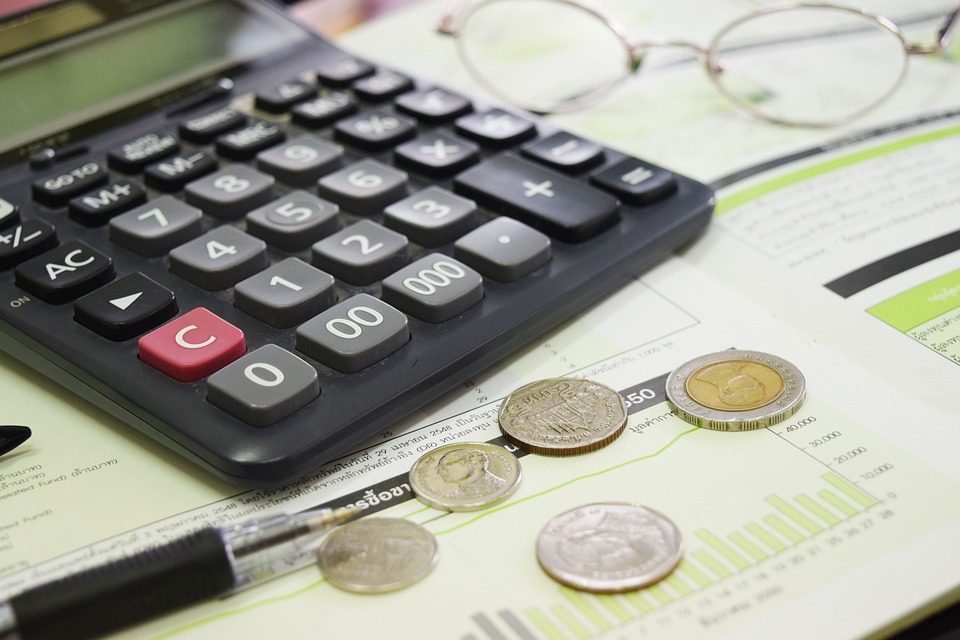Legislative economists and the governor’s office revealed a worrying forecast for March 2025, citing several negative factors contributing to economic uncertainty. This includes higher inflation, increased transportation costs, higher unemployment, a declining housing market, and a decrease in consumer confidence. The forecast also highlighted risks such as federal policy changes, international trade policy, labor market conditions, high prices, and tighter monetary policy affecting consumption and investment.
The state’s revenue forecast was downgraded, leading to concerns about funding for programs such as the property tax homestead exemption for seniors and disabled veterans. The economic outlook has worsened, with GDP growth slowing to about 1.5% for 2025 due to tariffs and uncertainty. There is a 30% chance of a recession in the upcoming year.
Despite the challenges, the state expects strong wage growth but anticipates slowing consumption and sales. Tariffs are impacting the economy by driving higher inflation expectations and uncertainty. Gov. Polis attributed much of the economic issues to the Trump administration’s tariffs, causing chaos in the market and damaging the economy.
The budget shortfall for 2025-26 remains at $1.2 billion, with state officials estimating a small TABOR surplus or potentially none at all. Despite the challenges, there is a slight increase in general fund revenue for the 2025-26 state budget, driven mainly by higher individual income tax revenues. The differences in forecasts between the State Planning and Budgeting Office and the legislative council highlight the economic uncertainties faced by Colorado.
Source
Photo credit denvergazette.com




